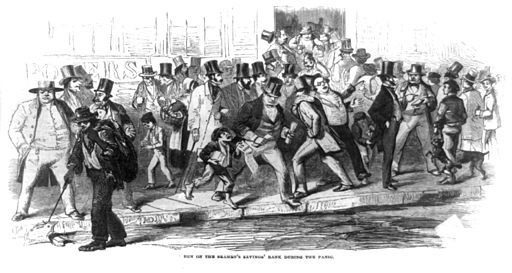
On March 14, a Russian SU-27 fighter brought down a US MQ-9 Reaper drone over the Black Sea. The exact details of where and how remain a mystery even after the release of drone video showing what appears to be a dump of jet fuel onto the drone, but those details don’t matter much. The incident mainly serves as an excuse for more ratcheting up of US-Russian tensions around the war in Ukraine.
When I think of drones, I’m more likely to think of music — yes, music — than of unmanned military aircraft. And thinking about the drone effect in music provides a useful analogy to US foreign policy.
Simply put, the function of a drone in music is to play a single underlying note or chord continuously throughout a song, while layering melodies/harmonies above it. Those melodies/harmonies are specific variations; the drone note is the theme.
The US foreign policy drone note since at least as far back as World War 2, and certainly since the fall of the Soviet Union has been “global hegemony.” That is, the US not just as world cop, but world judge, world jury, and world executioner.
The martial melody the US regime plays over that drone note is full-spectrum dominance, which the US Department of Defense defines as “[t]he cumulative effect of dominance in the air, land, maritime, and space domains and information environment, which includes cyberspace, that permits the conduct of joint operations without effective opposition or prohibitive interference.”
But if the world is a big band, nowhere near all of its 195 regimes agree to accept the US as its leader, play in the same key, or keep the same beat.
If you’ve ever played in a band (other than maybe an experimental jazz combo), you know what happens when each member plays or sings in different keys, at different tempos, and in different time signatures.
You don’t get a song.
You get an ugly mess.
If you’re smart (and maybe after a brawl or three), you eventually figure out that this band isn’t ever going to get on the same sheet of music and decide to break up.
Much of the world has no interest in playing with the US band. They prefer to form their own combos, or to pursue solo careers.
The US should give up its ugly drone and melody/harmony scheme and play a different tune: “Give Peace a Chance.”
Thomas L. Knapp (Twitter: @thomaslknapp) is director and senior news analyst at the William Lloyd Garrison Center for Libertarian Advocacy Journalism (thegarrisoncenter.org). He lives and works in north central Florida.
PUBLICATION/CITATION HISTORY


